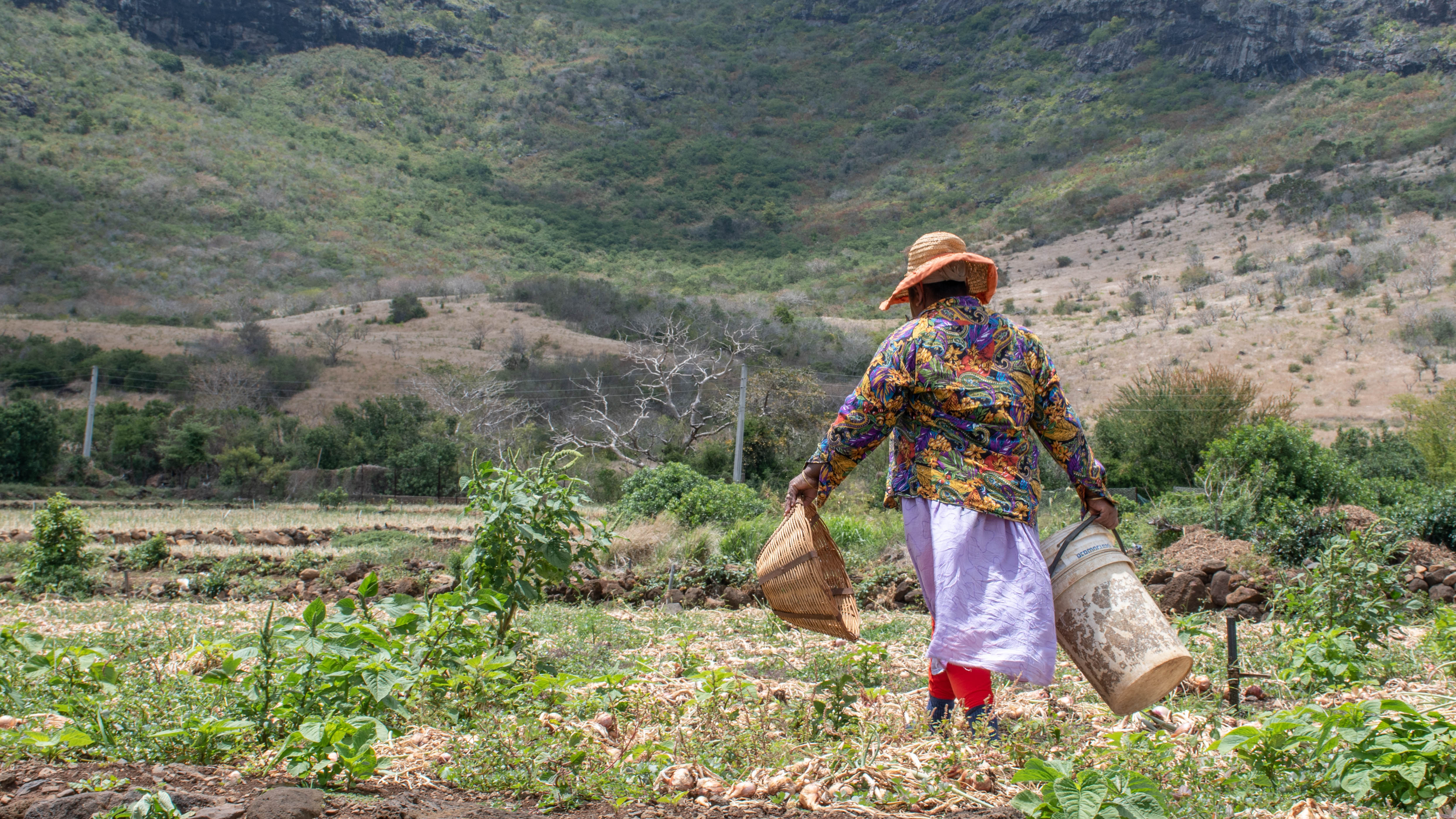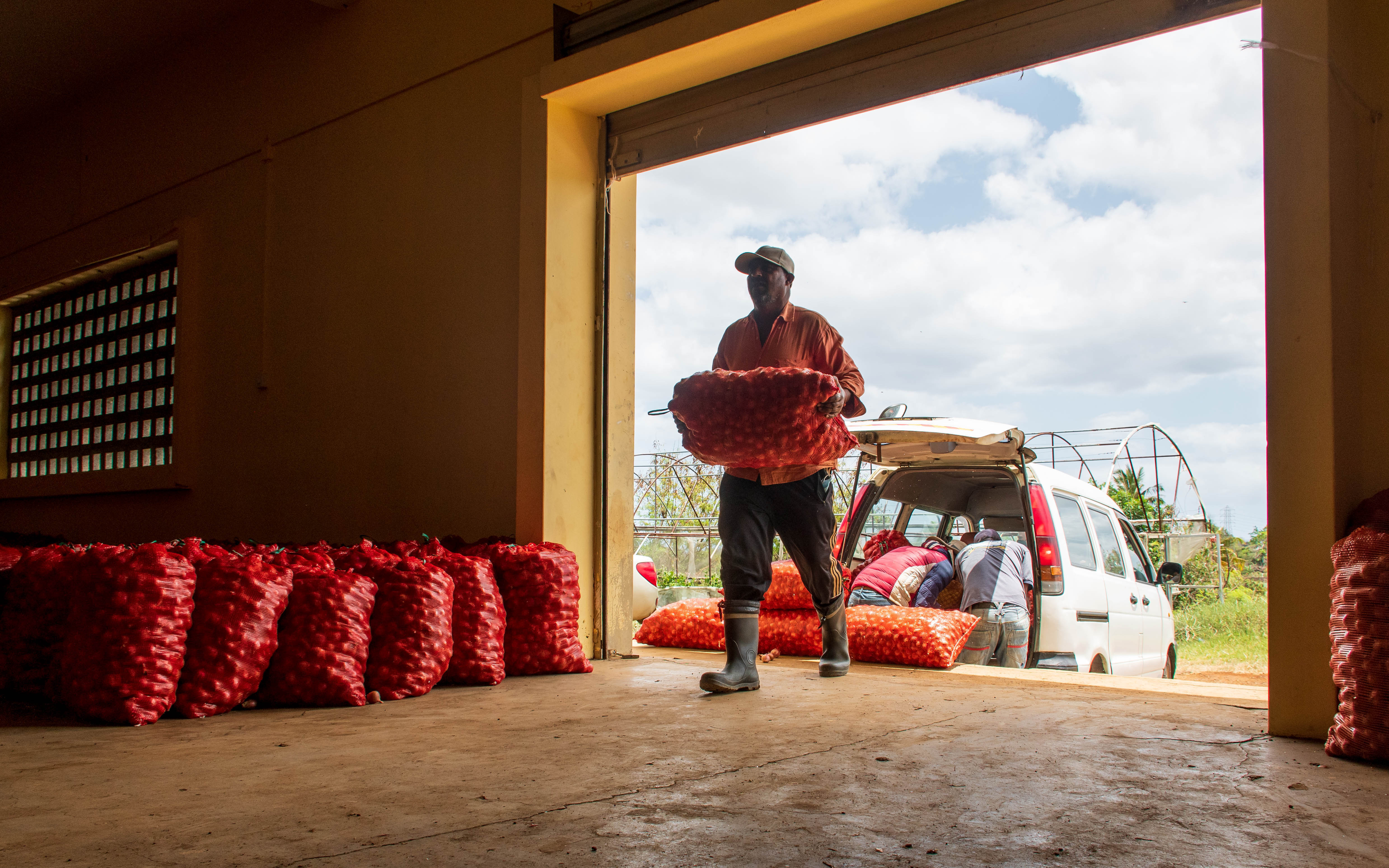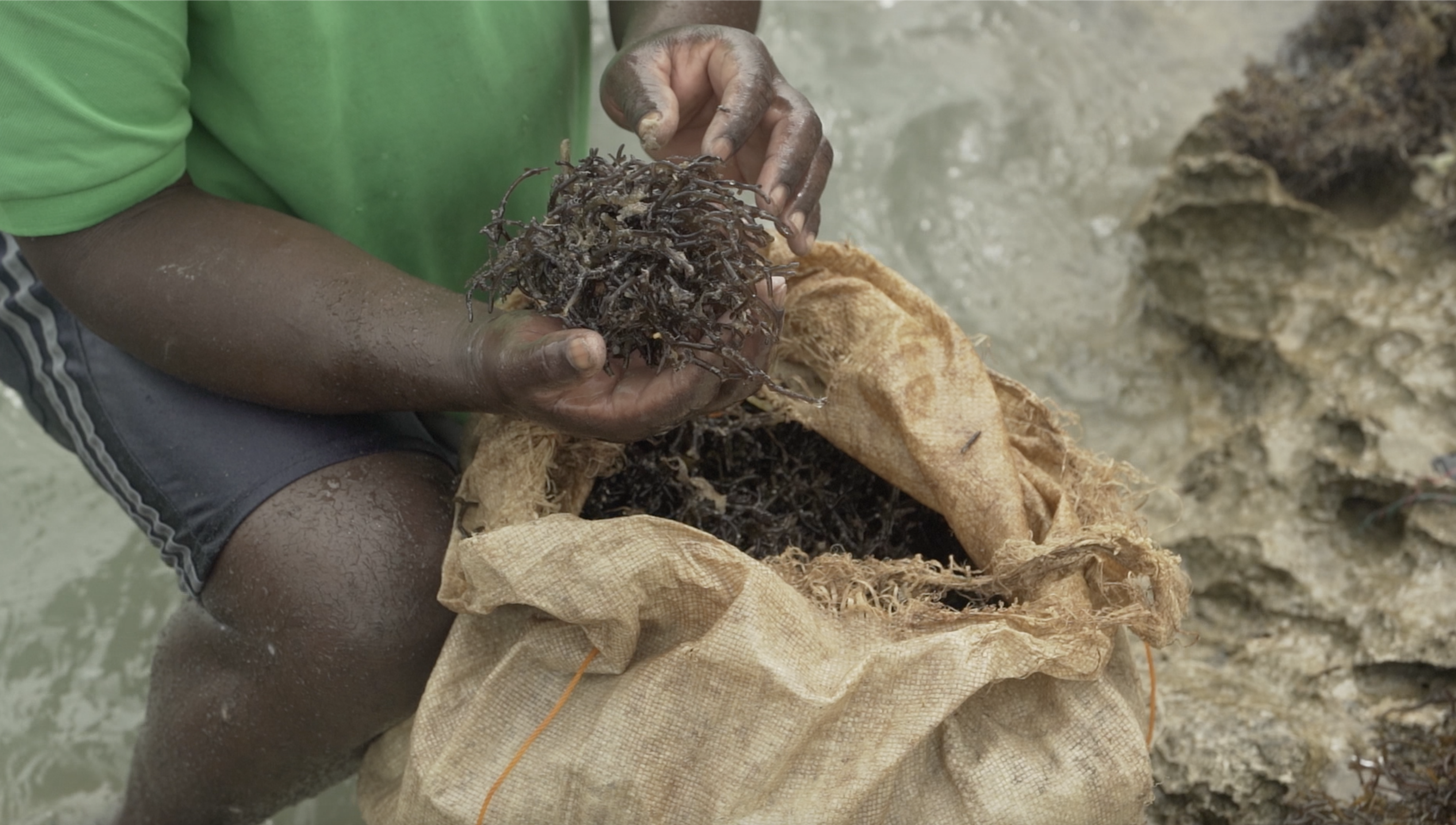As global shocks persist, Mauritius, which produces less than 25 percent of its food products, must urgently find solutions to address food security and deal with an increasing number of food-insecure households among the population.
New threats to food security ahead for Mauritius – what are the emerging solutions?
July 20, 2022

Prices for basic food items such as bread, baby cereal, black lentils, powdered milk, and cooking oil have been constantly increasing for the past ten years. Since the outbreak of the COVID-19 pandemic and the onset of the Ukraine-Russia war, disruptions to global value chains and trade have been triggering a rise in food prices worldwide. In Mauritius, which is a trade-dependent island, basic food prices keep rising steadily, except for rice and flour which are government-subsidized. As global shocks persist, the island, which produces less than 25 percent of its food products, must urgently find solutions to address food security and deal with an increasing number of food-insecure households among the population.
Potential impacts of the global crises on Mauritius’ food security
Data from a recent UNDP policy brief shows that Mauritius does not rely too much on Ukraine and Russia for food products. However, the country purchases 61 percent of the fertilizers required by its agricultural sector from Russia. As the war between these two countries disrupts the supply and demand on global fertiliser markets, the price of fertilisers in Mauritius keeps increasing, casting a shadow on future harvests.
To anticipate the effects of an imminent food security crisis and identify possible grassroots solutions, the UNDP Mauritius Accelerator Lab visited the villages of Tamarin, Rivière Noire and Petite Rivière Noire, where mass infrastructure and real estate development has led to socio-economic divisions and glaring inequality.
A report published in 2019 by the local NGO Kolektif Rivier Nwar (KRN) identified eleven poverty zones on the south-west coast of Mauritius. Founded under the UNDP Country Programme 2013-2016, the NGO, which aims at empowering the disenfranchised and vulnerable communities and children of the region, has correlated the issues of poverty zones to a lack of access to land, high birth rates and high population density. According to Mr. Vashil Jasgray, project manager for the NGO, the global context and its effects are potentially aggravating issues for the low-income communities of the region. For the past months, he has been particularly concerned by the situation of 32 children who are suspected to be out of school due to food poverty.
While policies aimed at food security and food self-sufficiency are required to address this situation, it seems that the region is struggling with access to land to grow and produce food.

While policies aimed at food security and food self-sufficiency are required to address this situation, it seems that the region is struggling with access to land to grow and produce food.
Growing food insecurity in Mauritius’ poorest communities
An estimated 8000 small farmers cultivate about 0.25 ha in the food crop subsector in Mauritius, mainly producing a wide range of vegetables. While fresh fruit and vegetables are accessible to most localities of Mauritius, the villages of Tamarin, Rivière Noire and Petite Rivière Noire have access to only one vegetable seller. For fruits and vegetables, inhabitants of the region rely mainly on 2 supermarkets which commercially target middle to upper income customers. In this context, low-income households face challenges to have a nutritionally diversified and balanced diet.
The issues of the low-income groups of the south-west of Mauritius are certainly not isolated cases. Today, it is relevant to speak of a real food security and food poverty issue across the poorest communities of the country, regardless of locality. In the short-term, direct intervention in terms of food packages are necessary but for longer-term solutions, systems thinking is required.
Medium to Long Term Solutions
In Tamarin, Rivière Noire and Petite Rivière Noire, KRN is implementing a Small Grants Programme project helping 7 households in Les Salines Village to grow vegetables, such as lettuce, via aquaponics. While this project can enable a few households to both consume and sell the products, solutions of another scale are required to satisfy the needs of these low-income areas that host up to 2800 people. In that respect, it could be interesting to replicate solutions such as the community-based gardening and urban farming projects being implemented in the city of Ankara in Turkey.
In the 2018/2019 budget scheme, a sum of Rs 10,000 was allocated to eligible families to finance the creation of Mini Sheltered Farming Schemes to develop mini-gardens and vertical agriculture. The challenge for low-income communities and civil society organisations supporting them is to unlock new partnerships with the private sector and/or public institutions for land leasing for this type of solution to work for them.
A possible solution to address low fertiliser stock in Mauritius and the negative environmental consequences linked to synthetic fertilizer use is to encourage alternative, smart practices. In both Mauritius and Rodrigues, seaweed farming has been an explorative avenue for the development of seaweed food-waste products and even skincare. Could seaweed farming to produce natural fertilizer be a smart alternative to synthetic fertilizers?
A second solution would be the use of organic waste as compost to fertilize the soil. This practice is however not widespread as many farmers find the composting process time-consuming. Factors like age, gender, experience, beliefs, and social norms also explain why certain farmers are inclined towards nature-based solutions and others are not. For nature-based solutions to be adopted at scale in Mauritius, education for farmers is needed, and can significantly change behaviors.
While Mauritius has just started to recover from the COVID-19 pandemic, the looming threat of a global food crisis is likely to have far-reaching implications in the coming months. Preparedness and resilience are needed now more than ever – is Mauritius ready to transform its own food systems towards more regenerative, smarter and sustainable models?
Stay tuned as the Accelerator Lab together with the Mauritius and Seychelles UNDP Country Office digs further into food systems!

In both Mauritius and Rodrigues, seaweed farming has been an explorative avenue for the development of seaweed food-waste products and even skincare.

 Locations
Locations